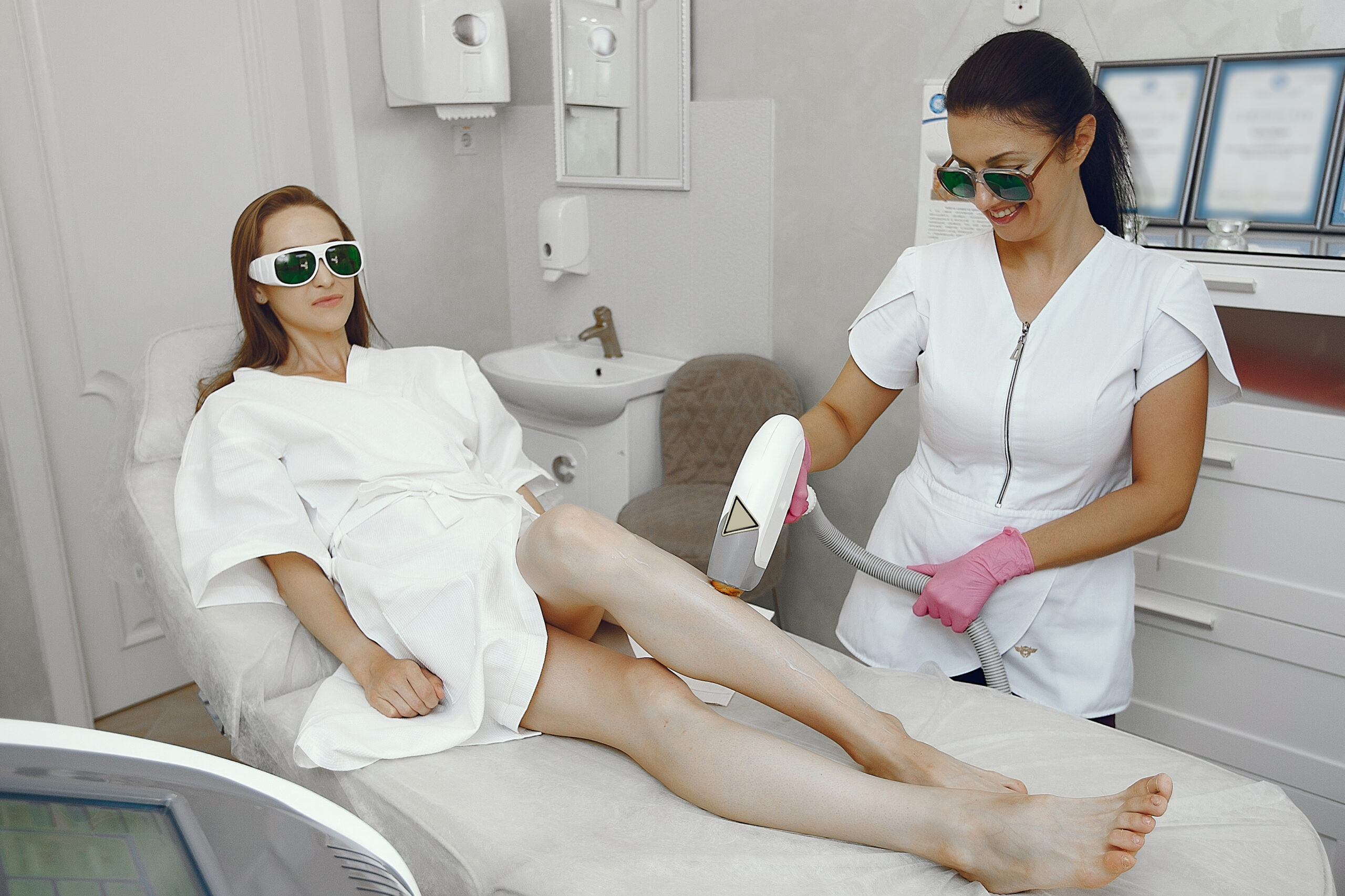Aging is an inseparable part of life, and, in the case of sensitive skin, the experience could be a bit more challenging. Fine lines and wrinkling, as well as the loss of elasticity on the skin, are well-known concerns as we age, but when they are combined with sensitive skin, it tends to make many standard anti-aging products problematic, causing various levels of irritation, redness, or discomfort. This brings locating the middle-ground in between effective and gentle anti-aging solutions to the forefront.
In this piece, we will learn how we can care for sensitive skin and have clear skin when it comes to the signs of ageing. Why sensitive skin behaves as it does, what ingredients and methods work best, how to structure your routines to achieve a healthy and youthful, resilient complexion – this guide is full of helpful and practical information to have a handle on it.
Sensitive Aging Skin is Defined and Explained
Sensitive skin is a form of overactive reaction to specific substances or products and environmental factors. Individuals with such skin types are usually highly sensitive to abusive products (redness, itching, dryness, or stinging). The causes of this increased sensitivity include genetics, broken skin barriers, and underlying conditions like rosacea or eczema.
Over time, skin naturally changes as a result of aging: our bodies produce less collagen and elastin, cell renewal becomes slower, and we lose moisture. This aging process may be even stronger in the case of sensitive skin. A compromised skin barrier not only hastens the appearance of aging (invisible and visible signs) but also makes the skin less tolerant to active anti-aging therapies. The outcome is a fragile equilibrium that you must consider empowering the skin without attacking wrinkles and fine lines.
The Problems of Skincare Anti-Aging of Sensitive Skin
Although classic anti-aging ingredients such as retinol, chemical exfoliants, or strong peels are beneficial, they can be too invasive on skin sensitive skin to use. With excessive use, it may cause flares, constant aggravation, and destruction of the protective layer. This does not imply that sensitive skin cannot enjoy any anti-aging measures; it is just that, due to their sensitivity, any anti-aging measures must be gradual.
Consider retinoids as an example of the most popular anti-aging agents. However, when the same product is used without caution on sensitive skin, it will irritate it by making it dry up, peel, and redden. In a similar way, harsh acids, such as glycolic acid, can restore skin within a short period but would cause havoc on a weakened barrier. That is why there is a tendency to concentrate more on lighter forms and barrier-benefiting ingredients, which still provide long-term effects.
Ingredients That Work On Anti-aging Sensitive Skin
To treat the sensitive skin in anti-aging, it is important to pay more attention to calming down, moisturizing, and fortifying materials, but not to ignore the presence of effective active substances.
One of the most versatile ingredients for this purpose is niacinamide. It reduces the level of inflammation on the skin, reinforces the skin barrier, and increases the elasticity in the long run. Bakuchiol, unlike retinol, is a plant-derived treatment that imparts the same anti-aging effect by increasing collagen without any potential irritation.
Coupled with ceramides that correct and strengthen the skin barrier, sensitive skin is capable of remaining resilient whilst retaining nourishment.
Lactic acid is gentler than glycolic acid, so it is a more reasonable alternative to exfoliate mildly. Not only is it very effective in stimulating cell turnover, but it can also assist in hydration, too, making it great for sensitive skin. In the meantime, peptides aid in generating collagen production and help make a complexion firm without causing the traumatic results that stronger actives do.
How I Created a Sensitive Skincare Regimen
What makes “anti-aging” skincare for sensitive skin is consistency and patience. As an alternative to introducing too many active ingredients into your routine, concentrate more on creating the environment in which the skin can repair and rejuvenate itself.
Begin by using a mild, sulfate-free cleanser that will clean the impurities, but not dry out the skin. This should be followed by a hydrating toner or an essence that will open the skin to better absorb what is to come next. A serum with niacinamide or peptides candle haut-redles subsequently be applied to combat aging issues and ease sensitivity.
Moisturizers must be thick in ceramides, hyaluronic acid, and emollients to seal the hydration and enhance the barrier. Lastly anti-aging regimen cannot be complete without regular exposure protection. Sunscreen is the best available protection against premature aging, but many sensitive-skinned people avoid it because it irritates. The remedy is mineral-based, filtered sunscreens available in zinc oxide or titanium dioxide, which have lower risks of causing reactions than those of chemical filters.
Evening toning processes can be a bit more nutritious with the use of moisturizing oils such as squalane or more naturally based retinol substitutes. Adding one active ingredient at a time helps the skin adjust and will not overwhelm it.
Lifestyle Side-by-Side That Promotes Anti-Aging
Skin care products only form a small component of this. Lifestyle habits, on the other hand, are equally important in the aging of sensitive skin. A diet with antioxidants, due to fruits, vegetables, nuts, and green tea, can help against oxidative stress, which causes skin aging to precipitate. Drinking a lot of water keeps the skin cells from swelling and becoming inactive.
It must also manage stress, since cortisol also compromises the skin barrier and makes it more inflamed. Working on practices such as yoga, meditation, or just on better sleep can help significantly. Also, striving to avoid smoking and consuming less alcohol will help to maintain healthier, more resistant skin in the long run.
When to Seek Professional Help
When it comes to those who have not been able to find the right balance, then consulting a dermatologist can be worth its weight in gold. Certified professionals are able to prescribe prescription-strength yet customized formulas, prescribe in-office treatments such as LED light therapy or microneedling, and conduct patch-testing with new products. Such medical interventions are particularly beneficial to people whose sensitivity is accompanied by conditions such as rosacea or eczema.
Final Thoughts
It is not necessary to feel overwhelmed about taking care of sensitive skin and at the same time trying to combat the challenges of aging. The trick is to habituate yourself so that your routine can revolve around moisture, skin protection, and very mild but potent ingredients. By carefully deciding what you are willing to use, you can easily get young-looking skin without necessarily making your skin uncomfortable (e.g., switching to mineral sunscreens, using bakuchiol, and sticking to ingredients that can be anti-inflammatory).
And in case you forgot: anti-aging skincare is not about attaining perfection but upholding your skin to look and feel its best as it ages. With all the cues in the right direction, sensitive skin should be able to age as gracefully as possible as years come to pass with resilient, glowing, and healthy skin attributes.







